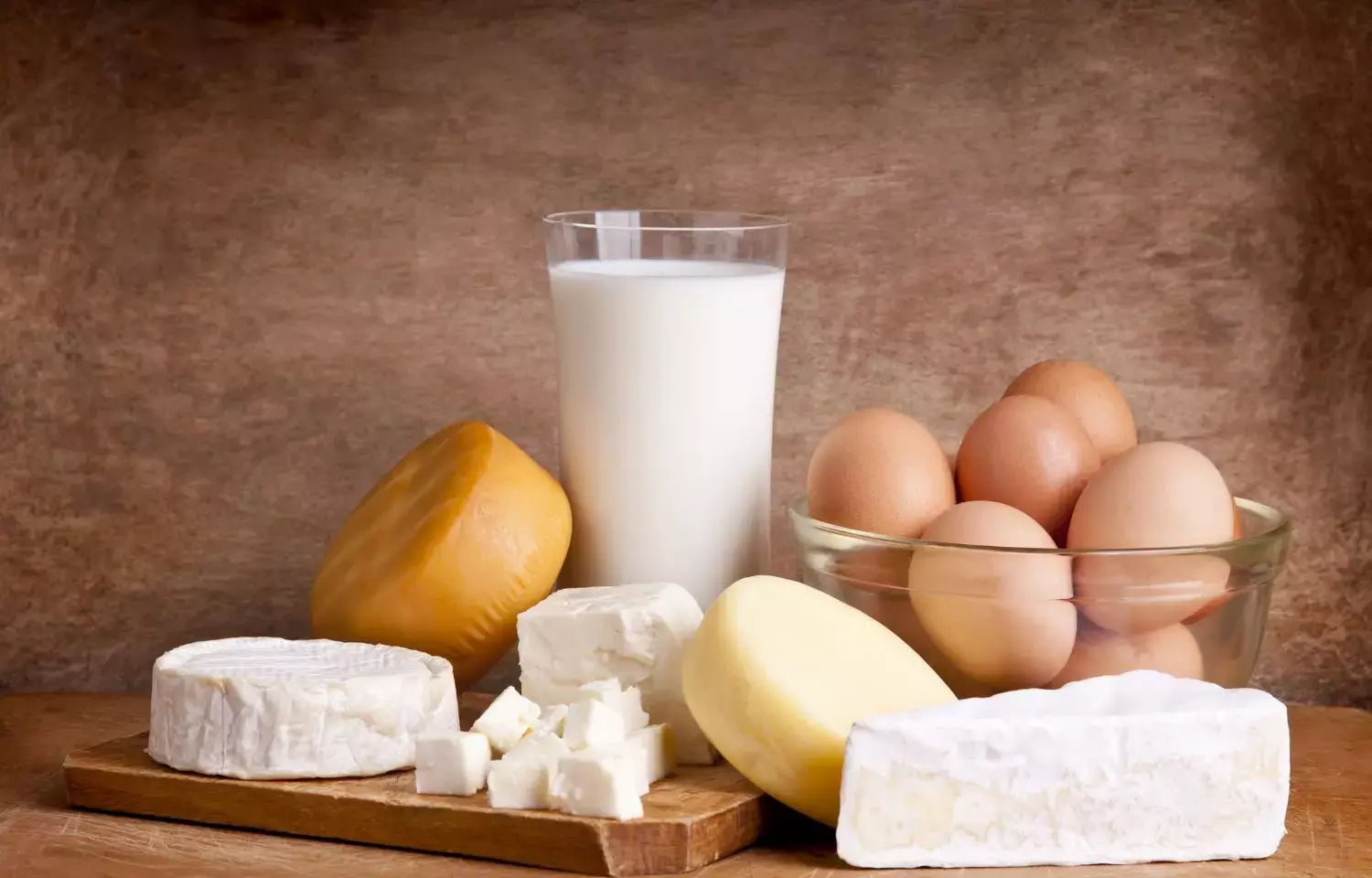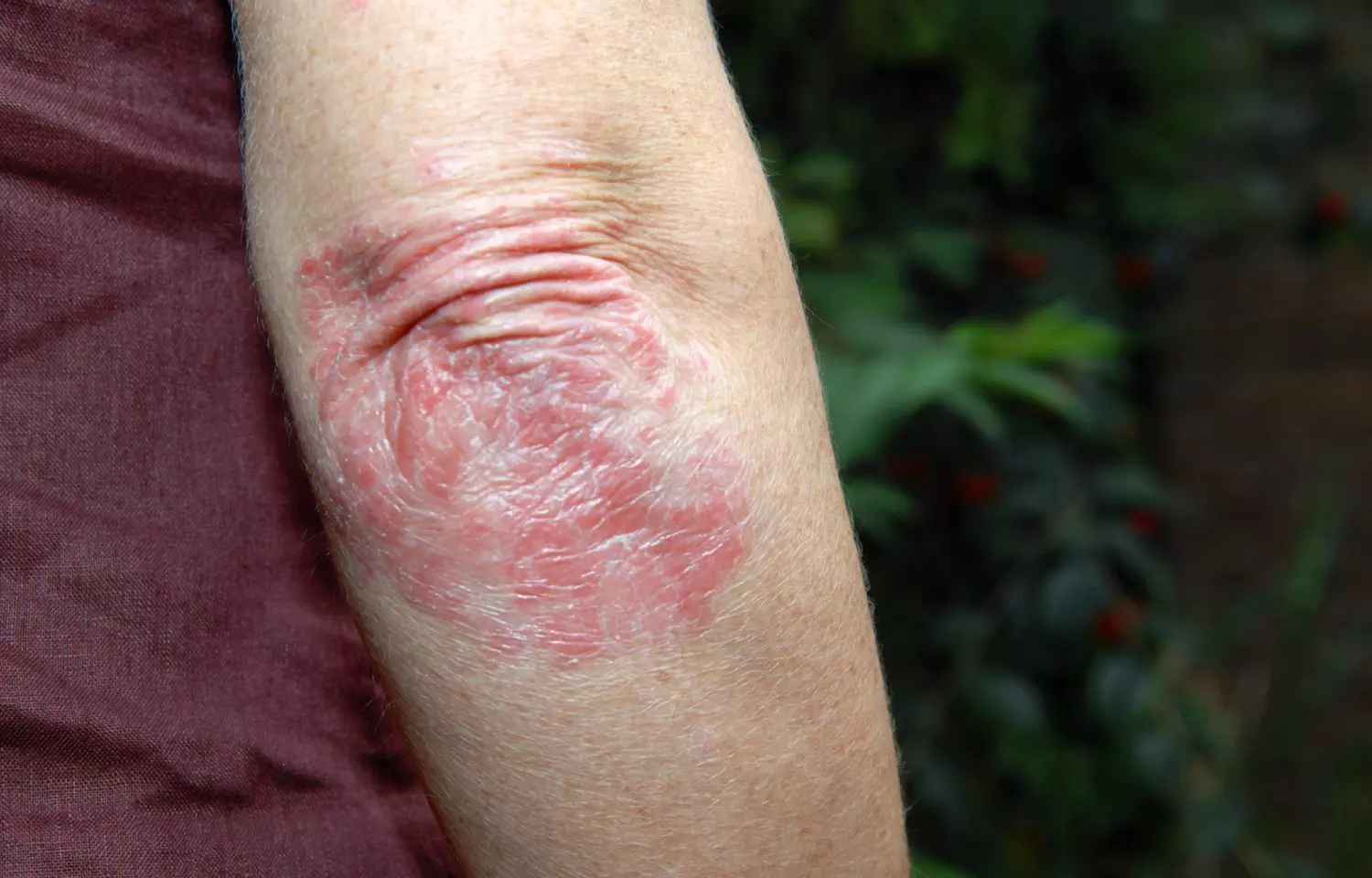- Home
- Medical news & Guidelines
- Anesthesiology
- Cardiology and CTVS
- Critical Care
- Dentistry
- Dermatology
- Diabetes and Endocrinology
- ENT
- Gastroenterology
- Medicine
- Nephrology
- Neurology
- Obstretics-Gynaecology
- Oncology
- Ophthalmology
- Orthopaedics
- Pediatrics-Neonatology
- Psychiatry
- Pulmonology
- Radiology
- Surgery
- Urology
- Laboratory Medicine
- Diet
- Nursing
- Paramedical
- Physiotherapy
- Health news
- Fact Check
- Bone Health Fact Check
- Brain Health Fact Check
- Cancer Related Fact Check
- Child Care Fact Check
- Dental and oral health fact check
- Diabetes and metabolic health fact check
- Diet and Nutrition Fact Check
- Eye and ENT Care Fact Check
- Fitness fact check
- Gut health fact check
- Heart health fact check
- Kidney health fact check
- Medical education fact check
- Men's health fact check
- Respiratory fact check
- Skin and hair care fact check
- Vaccine and Immunization fact check
- Women's health fact check
- AYUSH
- State News
- Andaman and Nicobar Islands
- Andhra Pradesh
- Arunachal Pradesh
- Assam
- Bihar
- Chandigarh
- Chattisgarh
- Dadra and Nagar Haveli
- Daman and Diu
- Delhi
- Goa
- Gujarat
- Haryana
- Himachal Pradesh
- Jammu & Kashmir
- Jharkhand
- Karnataka
- Kerala
- Ladakh
- Lakshadweep
- Madhya Pradesh
- Maharashtra
- Manipur
- Meghalaya
- Mizoram
- Nagaland
- Odisha
- Puducherry
- Punjab
- Rajasthan
- Sikkim
- Tamil Nadu
- Telangana
- Tripura
- Uttar Pradesh
- Uttrakhand
- West Bengal
- Medical Education
- Industry
Higher intake of dairy-derived saturated fats tied to lower atherogenic profile with in males

Researchers from Boston, U.S.A found that the atherogenic profile of males with higher intakes of dairy-derived saturated fats was lower than that of males with lower intakes. While such cardiometabolic outcomes were not associated with nondairy saturated fats. The findings were not the same among women.
The study results were published in The American Journal of Clinical Nutrition.
Even though current dietary guidelines recommend limiting saturated diet intake, most do not consider that saturated fats from various food sources may have different effects on one's health. Hence researchers from the University School of Medicine, Boston conducted a prospective cohort study to evaluate the associations of saturated fats from dairy and nondairy sources with measures of body fat, inflammatory biomarkers, lipid concentrations, and lipid particle sizes and concentrations.
The Framingham Offspring Study included 2391 participants with ≥30 years of age who had dietary records and data on the outcomes of interest.
Results:
- Lower multivariable-adjusted levels of body fat and larger LDL particle sizes were seen among females with those in the highest quintile of dairy-derived saturated fat [BMI (in kg/m2): 26.2 compared with 27.8, P < 0.01; and percentage fat mass: 36.7% compared with 38.0%, P = 0.09).
- An inverse association was seen among females with triglyceride and nondairy saturated fat [(TG): HDL ratio (P = 0.03)].
- An inverse relationship was seen between dairy-derived saturated fats intake and C-reactive protein (P < 0.01), fibrinogen (P < 0.01), TGs (P < 0.01), and the TG: HDL ratio (P < 0.01) among males.
- Males in the highest (compared with the lowest) quintile of saturated fat from dairy sources reported 2.8 mg/dL (P = 0.04) higher levels of HDL cholesterol.
- Males with the highest intakes of dairy-derived saturated fats had larger HDL and LDL particle sizes (P < 0.01 for both), a higher HDL particle concentration (P < 0.01), and a lower VLDL particle concentration (P < 0.01).
- No statistically significant adverse effects of saturated fats from non-dairy sources were reported on any of these outcomes in either males or females.
Thus, lesser atherogenic profile was seen in males with higher intakes of dairy-derived saturated fats than males with lower intakes. But such effects were weaker among females.
Further reading: Mengjie Yuan, Martha R Singer, Richard T Pickering, Lynn L Moore, Saturated fat from dairy sources is associated with lower cardiometabolic risk in the Framingham Offspring Study, The American Journal of Clinical Nutrition, 2022;, nqac224, doi: https://doi.org/10.1093/ajcn/nqac224
BDS, MDS
Dr.Niharika Harsha B (BDS,MDS) completed her BDS from Govt Dental College, Hyderabad and MDS from Dr.NTR University of health sciences(Now Kaloji Rao University). She has 4 years of private dental practice and worked for 2 years as Consultant Oral Radiologist at a Dental Imaging Centre in Hyderabad. She worked as Research Assistant and scientific writer in the development of Oral Anti cancer screening device with her seniors. She has a deep intriguing wish in writing highly engaging, captivating and informative medical content for a wider audience. She can be contacted at editorial@medicaldialogues.in.
Dr Kamal Kant Kohli-MBBS, DTCD- a chest specialist with more than 30 years of practice and a flair for writing clinical articles, Dr Kamal Kant Kohli joined Medical Dialogues as a Chief Editor of Medical News. Besides writing articles, as an editor, he proofreads and verifies all the medical content published on Medical Dialogues including those coming from journals, studies,medical conferences,guidelines etc. Email: drkohli@medicaldialogues.in. Contact no. 011-43720751




